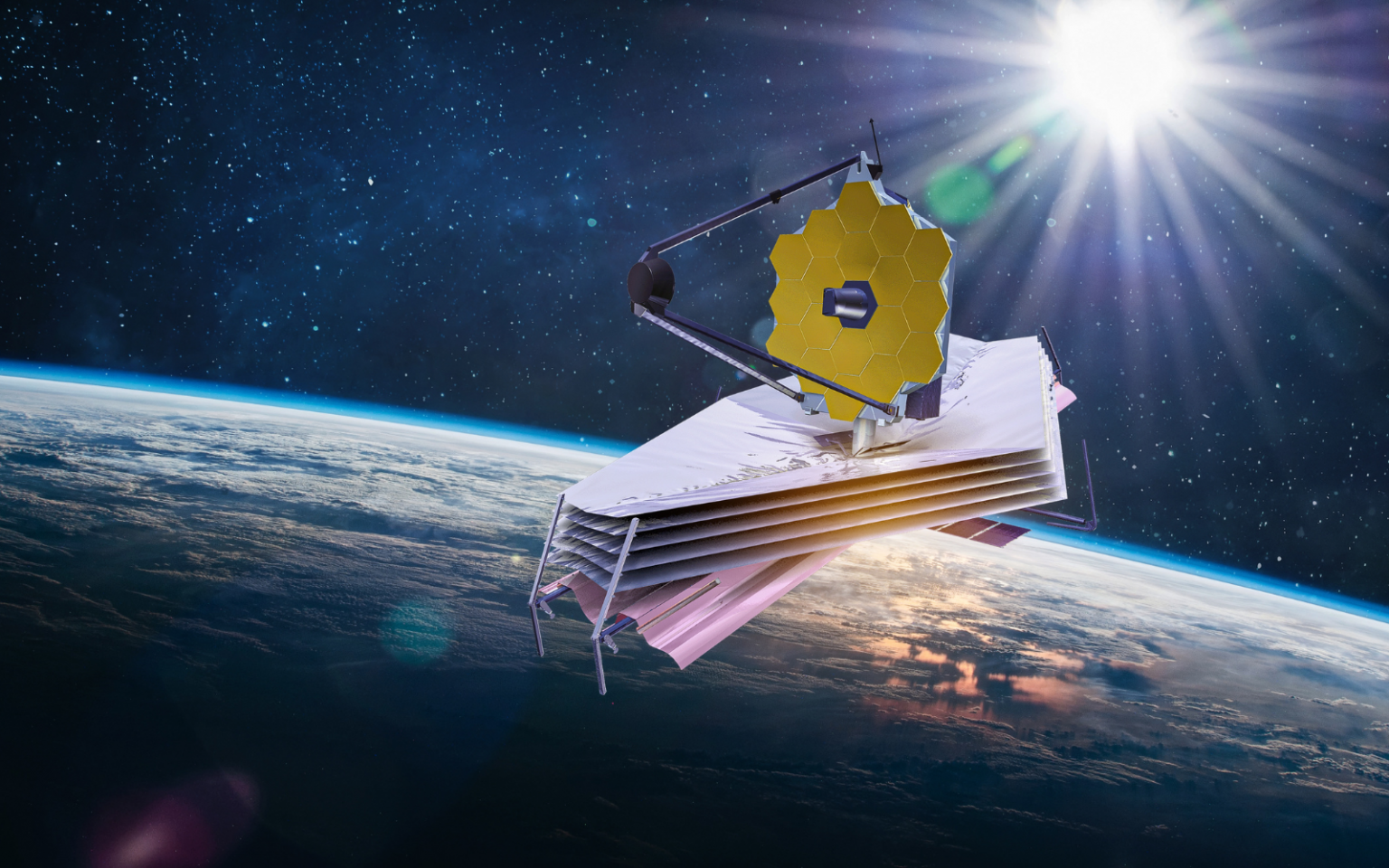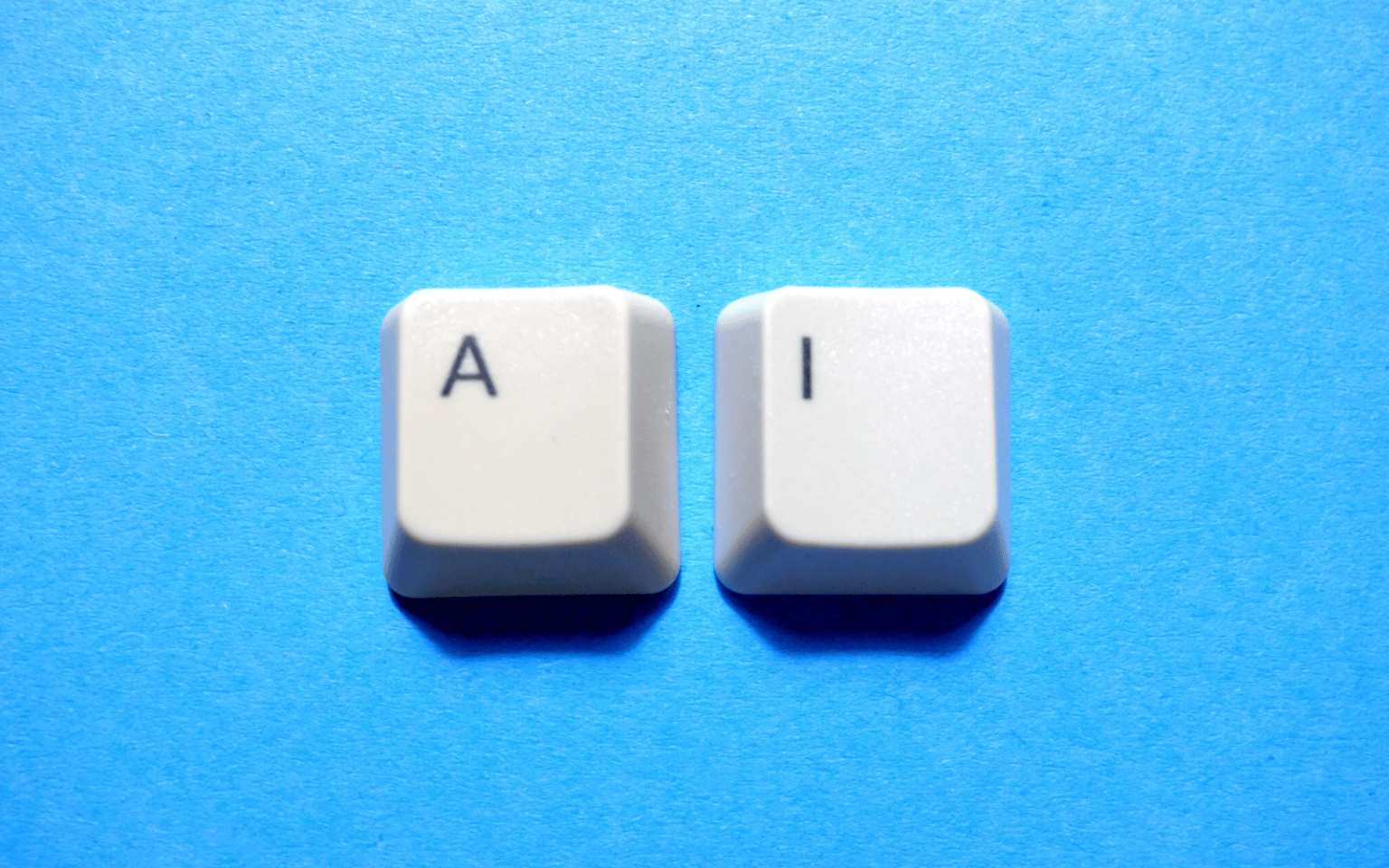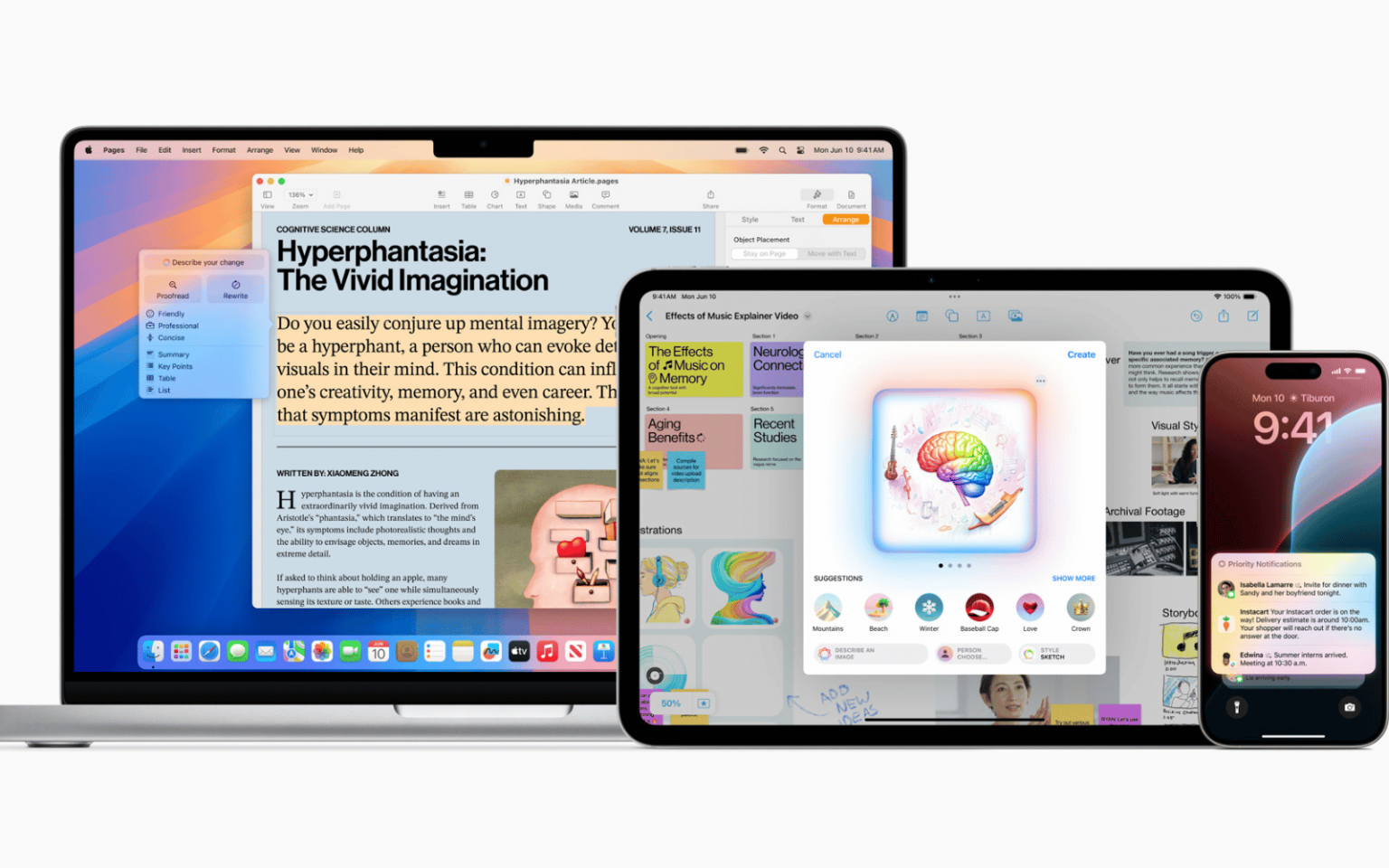NASA plans to send humans on a scientific round trip to Mars potentially as early as 2035. The trip will take about six to seven months each way and will cover up to 250 million miles (402 million kilometres) each way. The astronauts may spend as many as 500 days on the planet’s surface before returning to Earth. NASA’s Artemis program plans to return humans to the Moon this decade to practice and prepare for a Mars mission as early as the 2030s. While NASA has several reasons for pursuing such an ambitious mission, the biggest is scientific exploration and discovery. I’m an atmospheric…
Author: The Conversation
On October 10, NASA is launching a hotly anticipated new mission to Jupiter’s fourth-largest moon, Europa. Called Europa Clipper, the spacecraft will conduct a detailed study of the moon, looking for potential places where Europa might host alien life. It’s the largest planetary exploration spacecraft NASA has ever made: as wide as a basketball court when its solar sails are unfolded. It has a mass of about 6,000 kilograms – the weight of a large African elephant. But why are we sending a hulking spacecraft all the way to Europa? Looking for life away from Earth The search for life in…
Oakhurst rock shelter is an archaeological site near the town of George on the southern coast of South Africa. It is set into a sandstone cliff above a stream in a valley forested by towering old yellowwood trees. Archaeologists first started excavating Oakhurst in the 1930s. What makes the site special is the record of human occupation there, which spans 12,000 years. Not only have rock art, stone tools and ceramic fragments been found there, but also the remains of 46 people. That’s rare: most very old burials found in South Africa (from the last 40,000 years) have been of single individuals. New…
The James Webb Space Telescope (JWST) is the largest and most powerful space telescope built to date. Since it was launched in December 2021 it has provided groundbreaking insights. These include discovering the earliest and most distant known galaxies, which existed just 300 million years after the Big Bang. Distant objects are also very ancient because it takes a long time for the light from these objects to reach telescopes. JWST has now found a number of these very early galaxies. We’re effectively looking back in time at these objects, seeing them as they looked shortly after the birth of the universe. These…
For almost a decade, researchers have been gathering evidence that the social media platform Facebook disproportionately amplifies low-quality content and misinformation. So it was something of a surprise when in 2023 the journal Science published a study that found Facebook’s algorithms were not major drivers of misinformation during the 2020 United States election. This study was funded by Facebook’s parent company, Meta. Several Meta employees were also part of the authorship team. It attracted extensive media coverage. It was also celebrated by Meta’s president of global affairs, Nick Clegg, who said it showed the company’s algorithms have “no detectable impact on polarisation, political attitudes or beliefs”. But…
For the last year, ChatGPT has been able to analyse images as well as text as a feature of its latest version – GPT-4V(ision). For instance, if you upload a photograph of the contents of your fridge, ChatGPT can describe what’s in the photo and then recommend potential meal ideas based on those ingredients, along with suitable recipes. Or you can photograph a hand-drawn sketch of how you’d like your new website to look and ChatGPT will take that image and provide you with the HTML code to make the site. You can also upload a still frame from part way…
Meta supremo Mark Zuckerberg unveiled Orion smart glasses, a new augmented reality (AR) prototype, at the annual Meta Connect developer conference. Ten years in the making, and still not expected on high streets until 2027, these will be a new way to meld the real and digital worlds. They will be controlled by the eyes and also the fingers via a neural interface on the wrist. So what does this mean for the future of AR wearables and how we interface with computers? We asked three tech specialists at the University of Bangor, Peter Butcher, Llŷr ap Cenydd and Panagiotis Ritsos. Why…
SpaceX has launched its Crew Dragon spacecraft on a “rescue mission” to bring back two astronauts stranded at the International Space Station (ISS) since June. Butch Wilmore and Suni Williams travelled to the space station on Boeing’s Starliner spacecraft, which was on its first mission with a human crew. But several engines malfunctioned once in space and the vehicle was found to be leaking helium, which is essential for the functioning of its engines. After weeks of analysis and discussion by NASA and Boeing engineers, the space agency decided to send Wilmore and Williams home on the Crew Dragon because of safety concerns with Starliner. For Boeing,…
You know we’ve reached peak interest in artificial intelligence (AI) when Oprah Winfrey hosts a television special about it. AI is truly everywhere. And we will all have a relationship with it – whether using it, building it, governing it or even befriending it. But what exactly is AI? While most people won’t need to know exactly how it works under the hood, we will all need to understand what it can do. In our conversations with global leaders across business, government and the arts, one thing stood out – you can’t fake it anymore. AI fluency that is. AI isn’t just about…
As is their tradition at this time of year, Apple announced a new line of iPhones a few weeks back. The promised centrepiece that would make us want to buy these new devices was AI – or Apple Intelligence, as they branded it. Yet the reaction from the collective world of consumer technology has been muted. The lack of enthusiasm from consumers was so evident it immediately wiped over a hundred billion dollars off Apple’s share price. Even the Wired Gadget Lab podcast, enthusiasts of all new things tech, found nothing in the new capabilities that would make them want to upgrade to…










